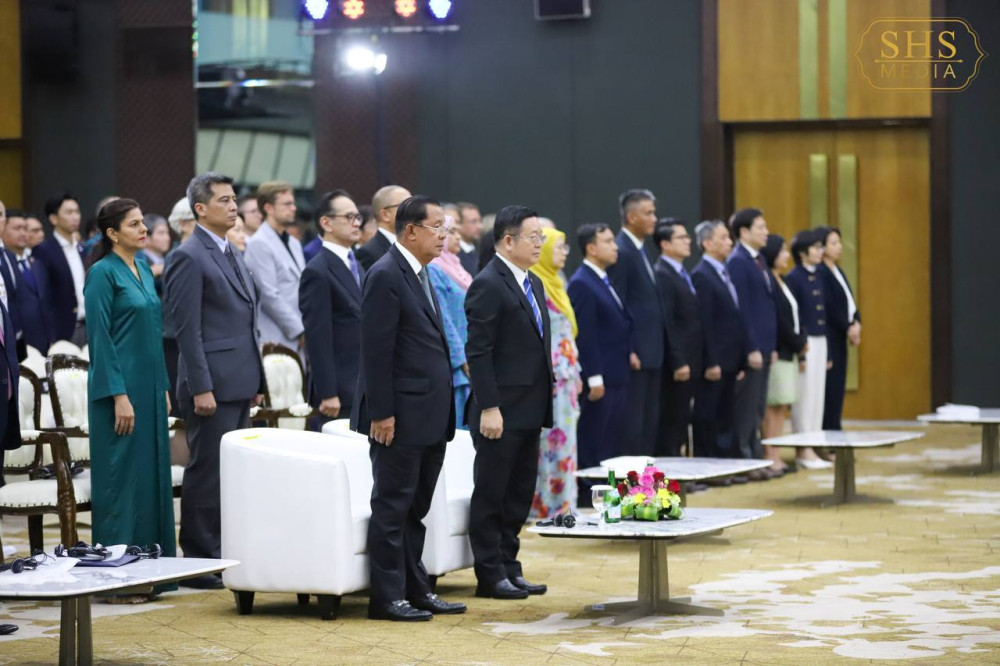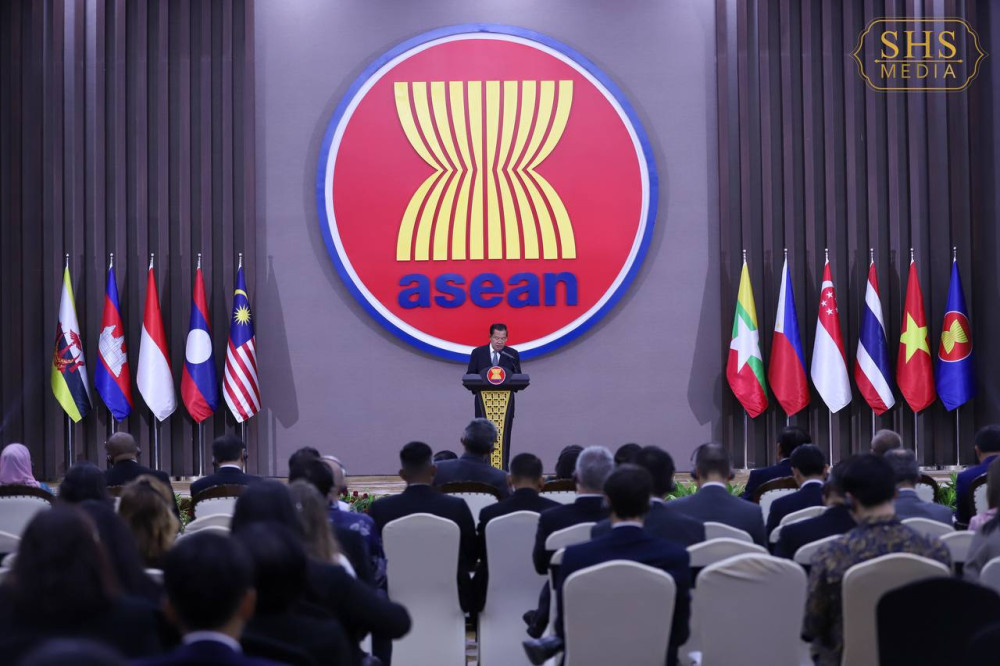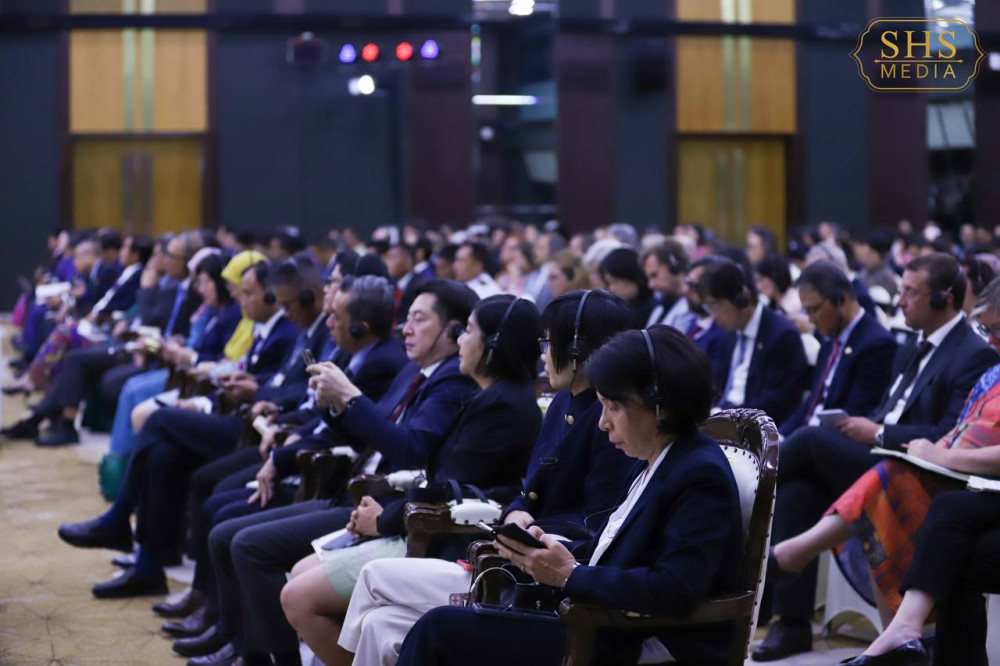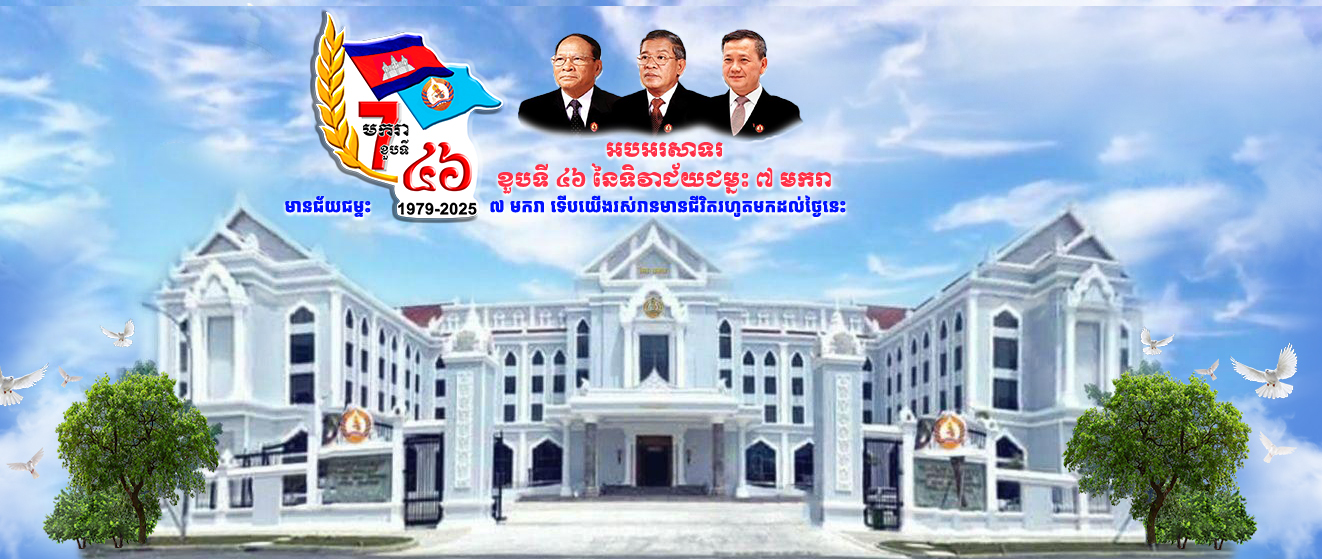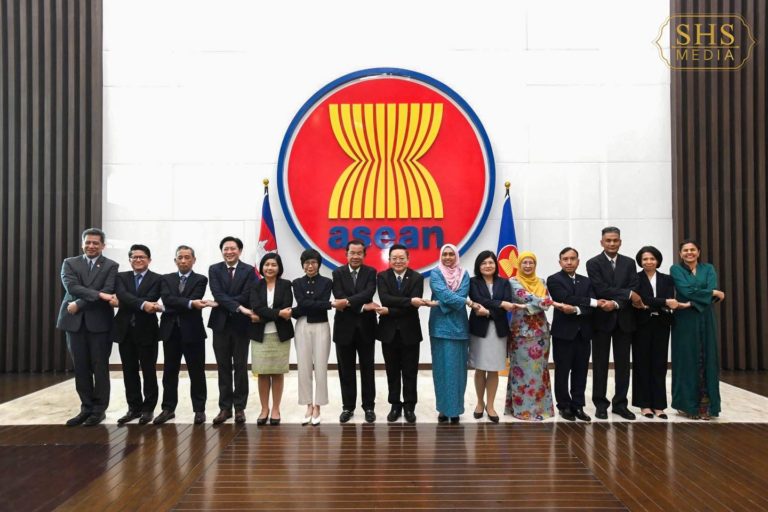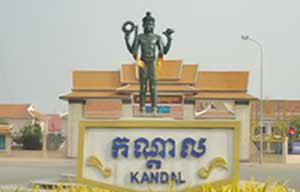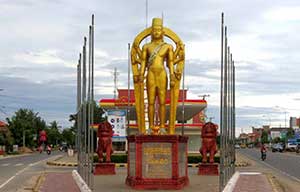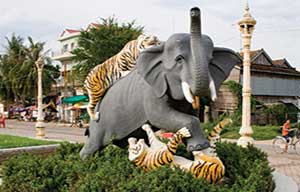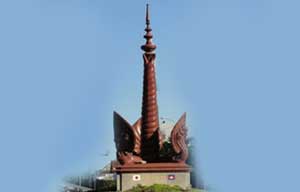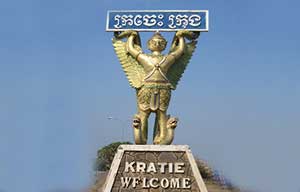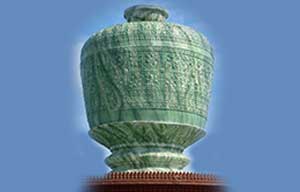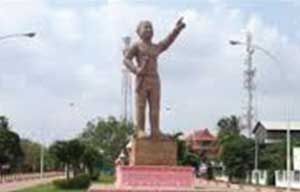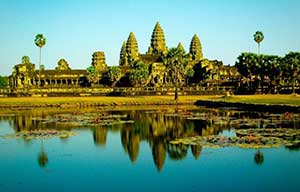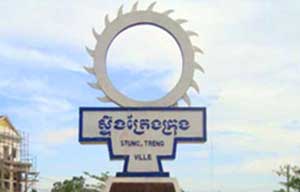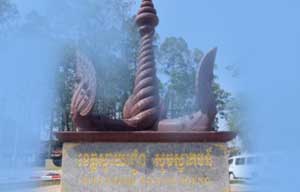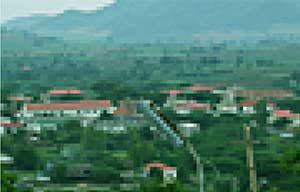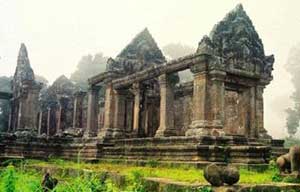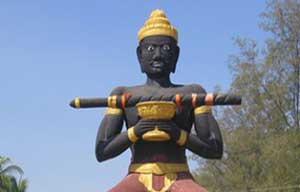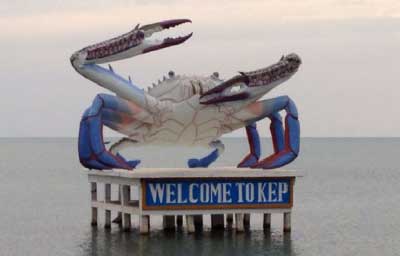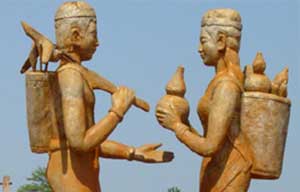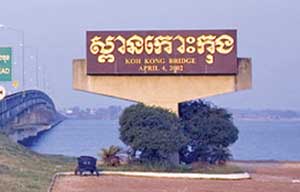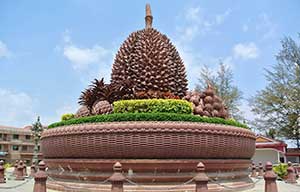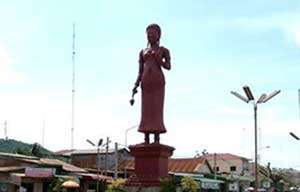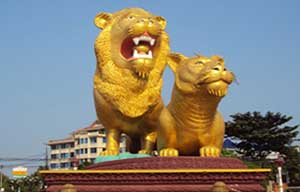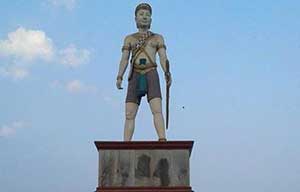Cambodian Senate President Samdech Akka Moha Sena Padei Techo Hun Sen has asserted that ASEAN is no longer merely a regional actor, but is evolving into a global player in shaping the future world order.
Delivering a special lecture titled “Cambodia and ASEAN, ASEAN and the World,” commemorating the 26th anniversary of Cambodia’s accession to ASEAN, held at the ASEAN Secretariat in Jakarta, Indonesia on May 5, Samdech Techo Hun Sen said in the future, ASEAN will be able to change its role from “reacting to the world” to “creating the world.”
He noted that global power struggles have led some major powers to abandon the very principles of global governance they once championed after World War II. This has destabilised the international order, especially undermining the rules-based multilateral system.
“In this context, ASEAN has a critical role to play in helping to shape a world order that is more rules-based, democratic, and just,” he said.
Samdech Techo Hun Sen highlighted that several global institutions, including the United Nations General Assembly, the UN Security Council, and especially the World Trade Organisation, are losing influence. As a result, he emphasised the importance of ASEAN strengthening its own regional mechanisms.
“ASEAN is no longer merely a participant within a regional framework—it must play a central role in reshaping the global order,” he underlined.
Samdech Techo Hun Sen proposed two key approaches for ASEAN: Strengthen internal capabilities, including institutional efficiency and deeper regional integration; and Enhance engagement with influential multilateral institutions.
He explained that ASEAN is already advancing the first strategy by improving institutional performance and preparing the ASEAN Vision 2045, which is expected to be adopted at the upcoming summit in May. This strategic vision, built on ASEAN’s three pillars and connectivity goals, envisions the region as the epicentre of growth in the Indo-Pacific.
Regarding the second strategy, Samdech Techo Hun Sen emphasised the importance of ASEAN-led mechanisms in engaging with the global community. He argued that ASEAN’s neutral stance and non-ideological approach allow for stable and inclusive partnerships.
“Most importantly, ASEAN mechanisms are more permanent and stable—even when leadership changes occur within member states,” he said.
